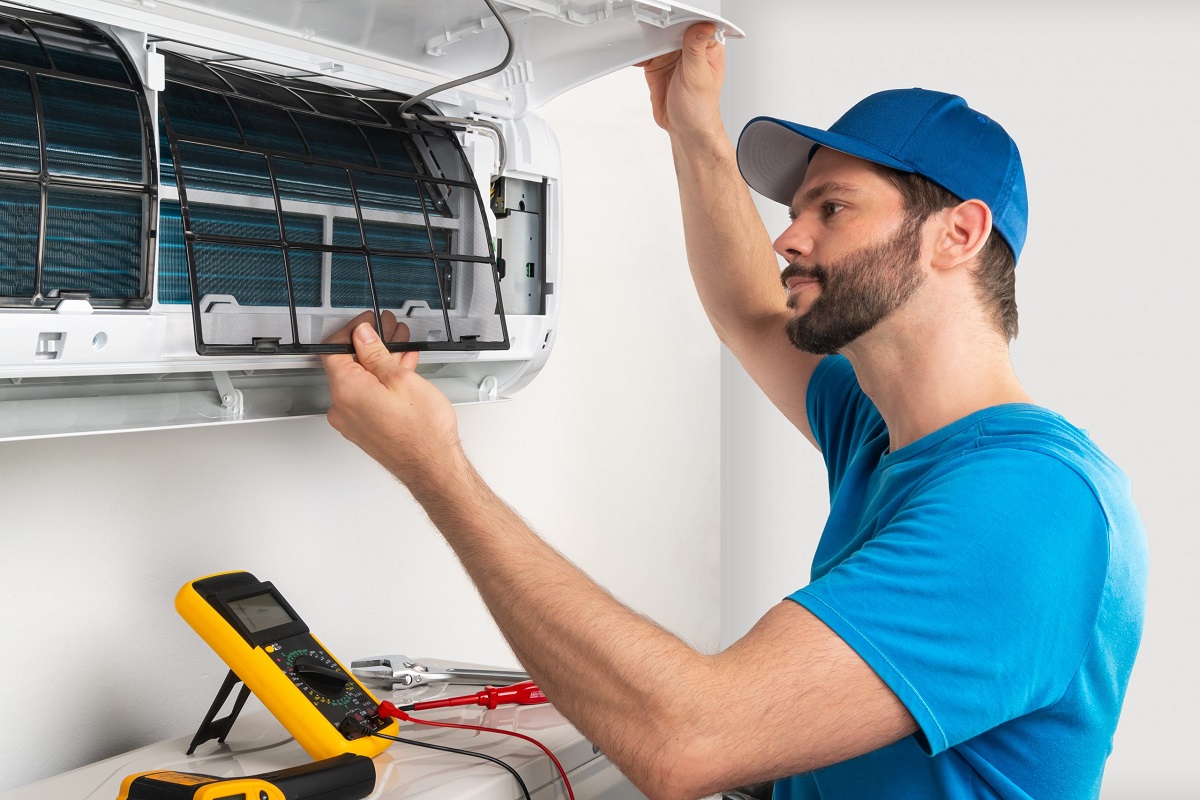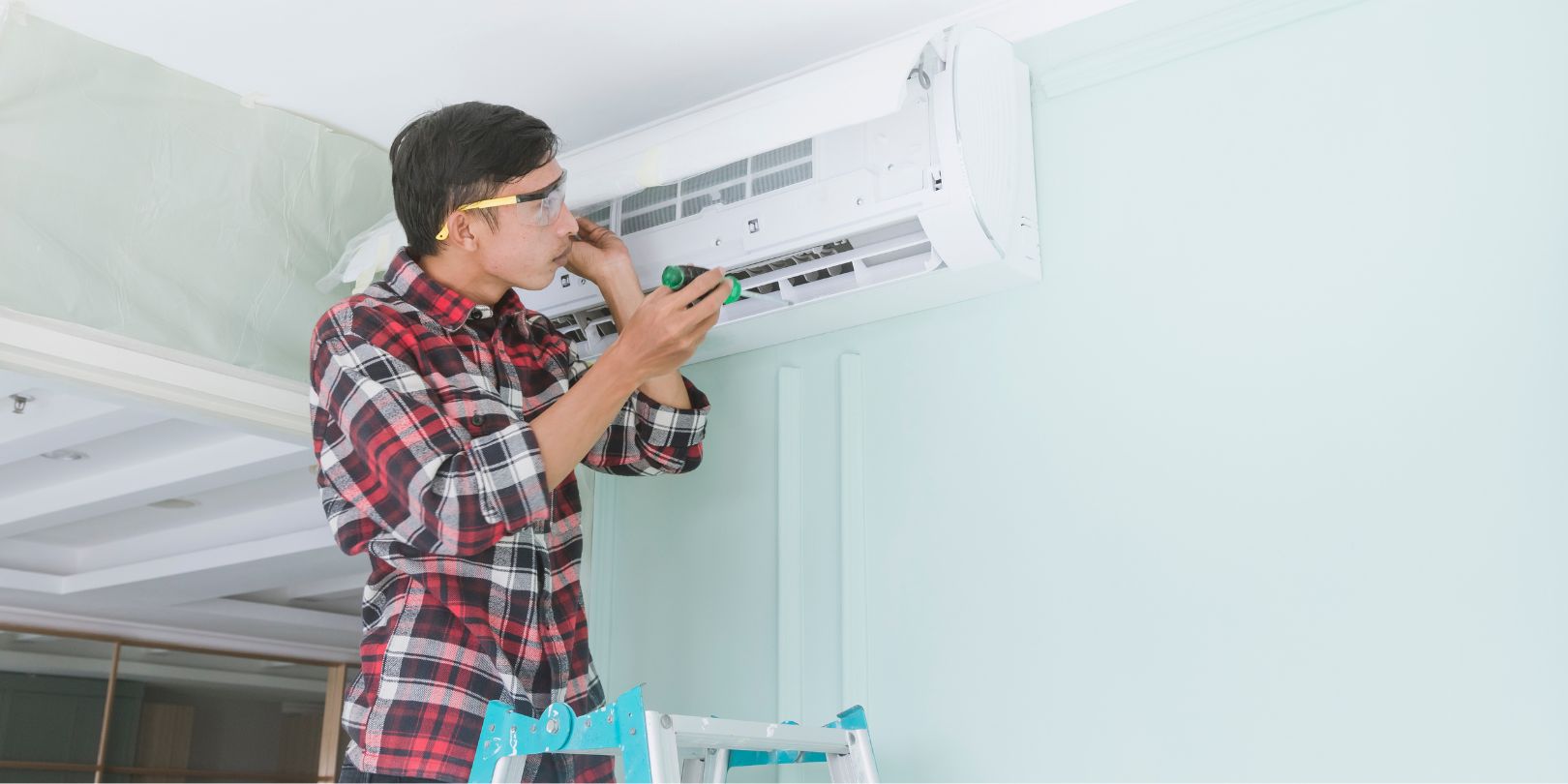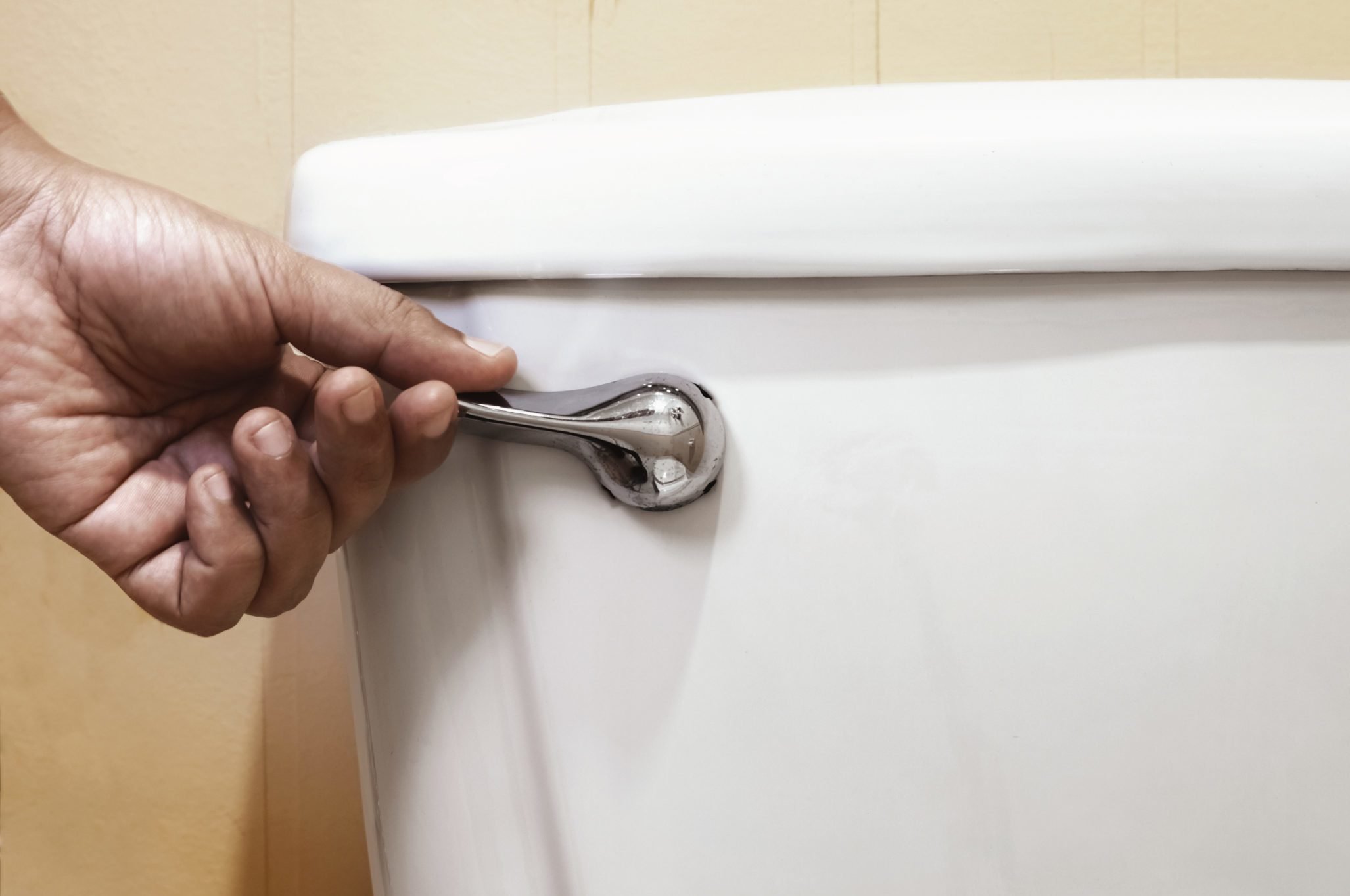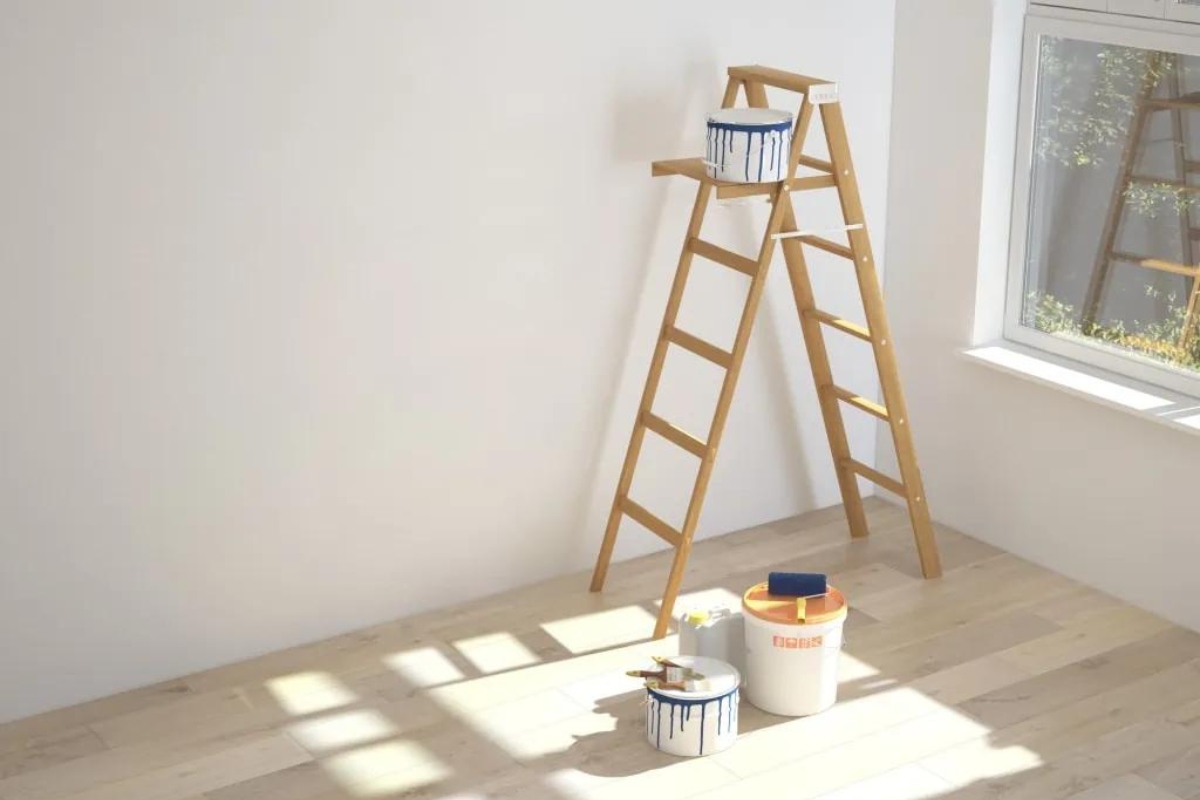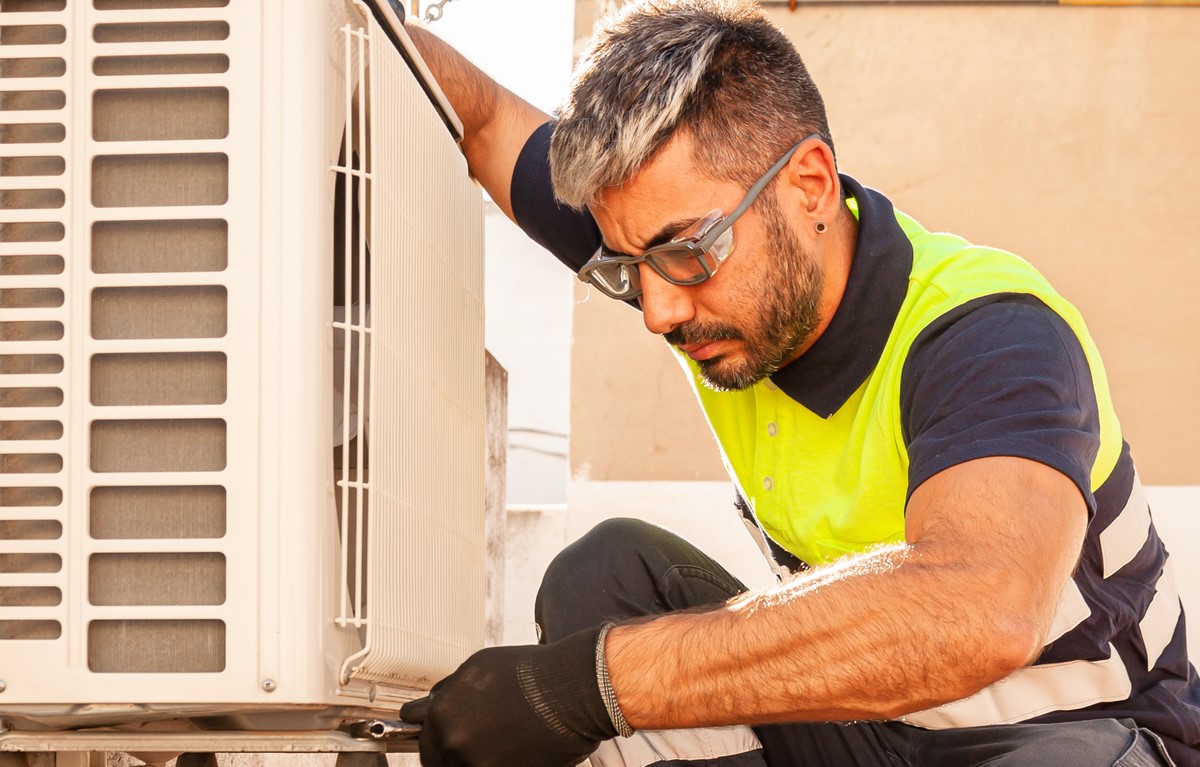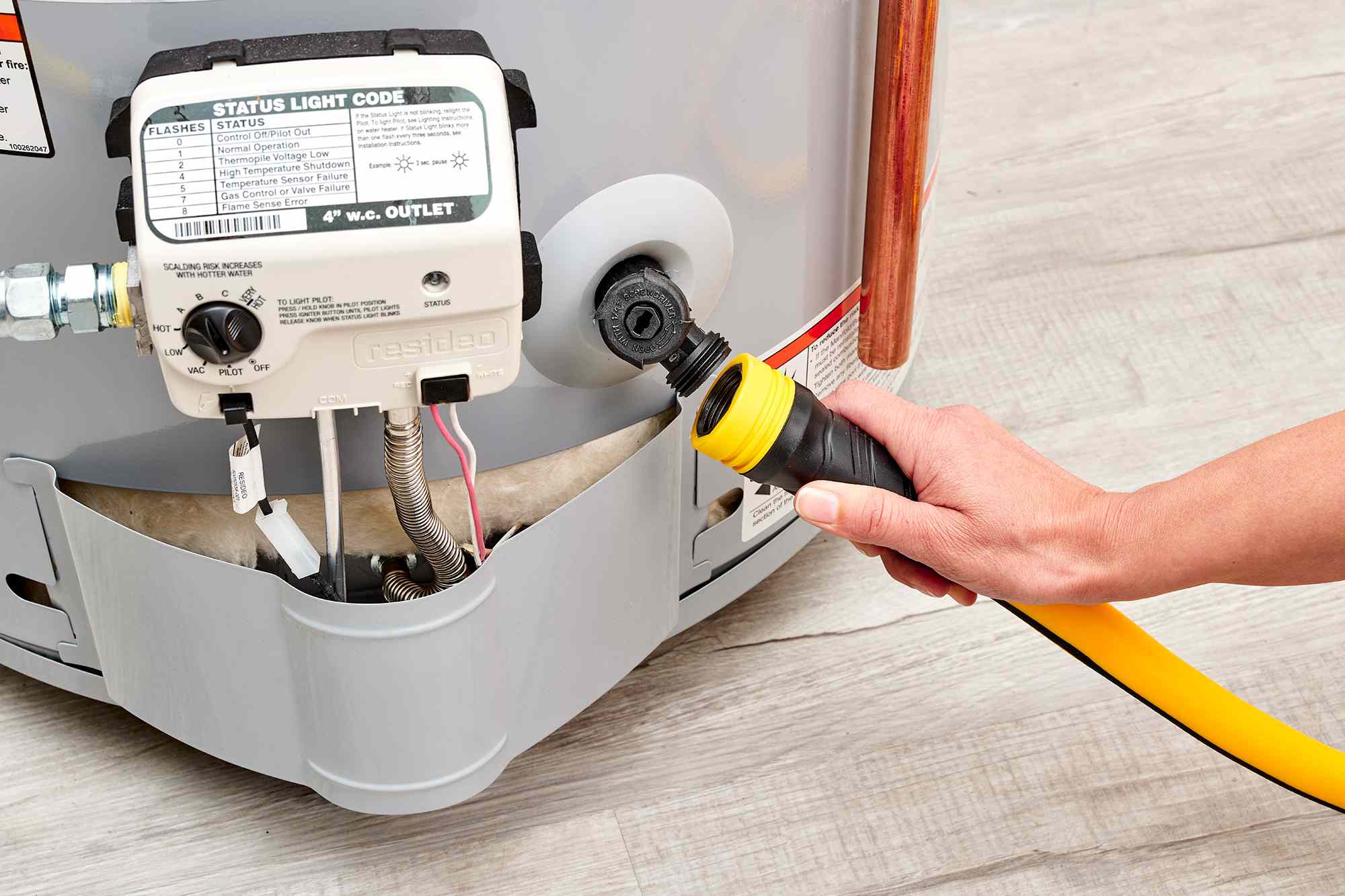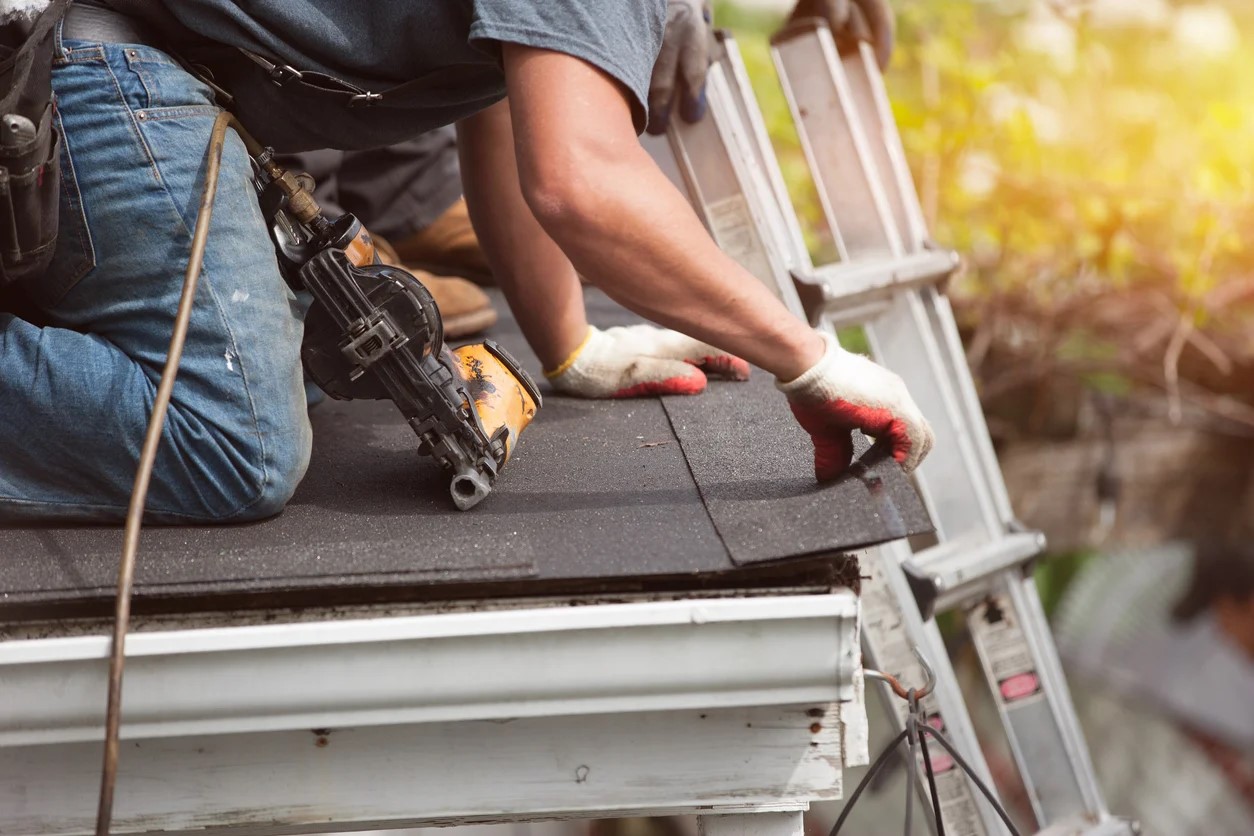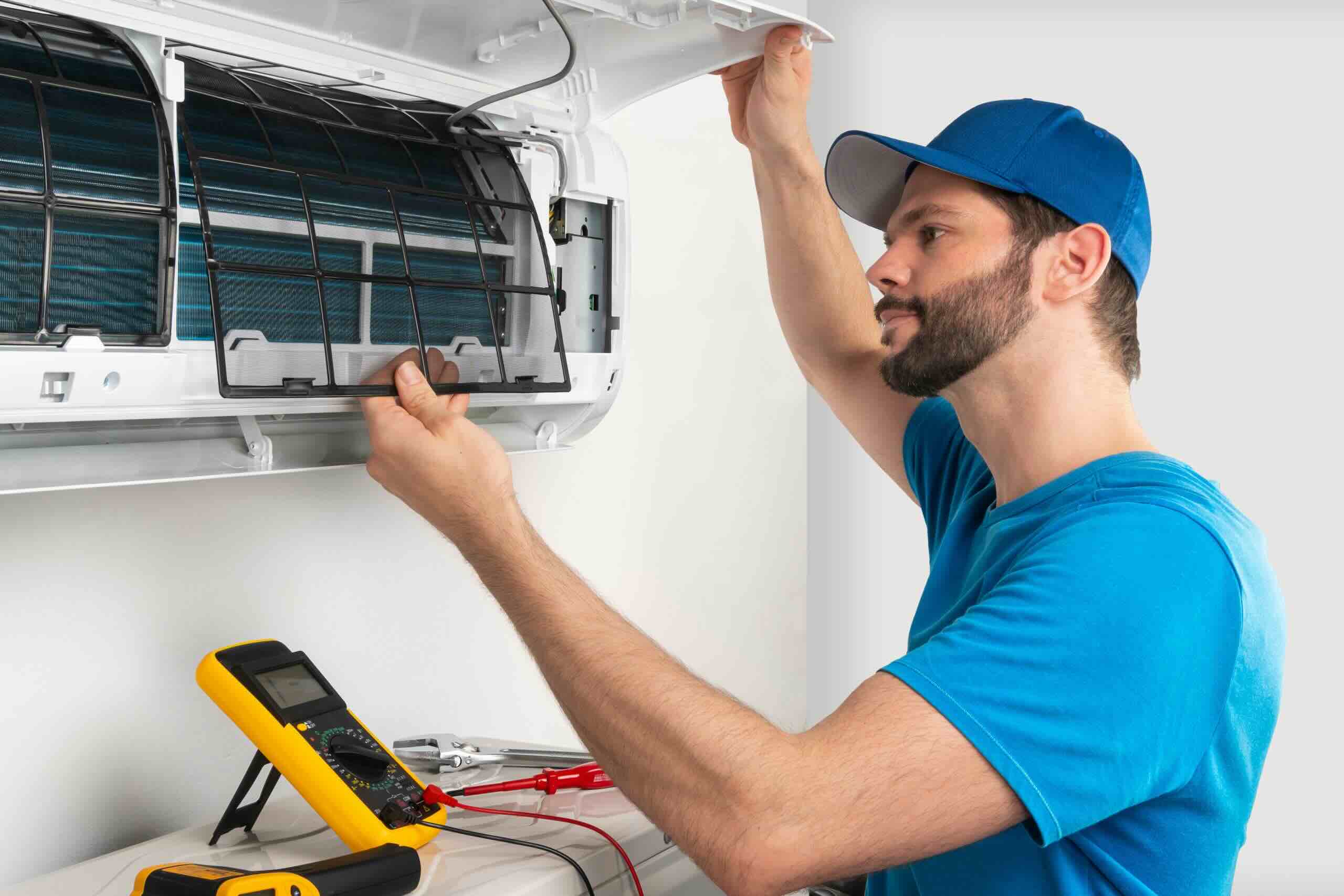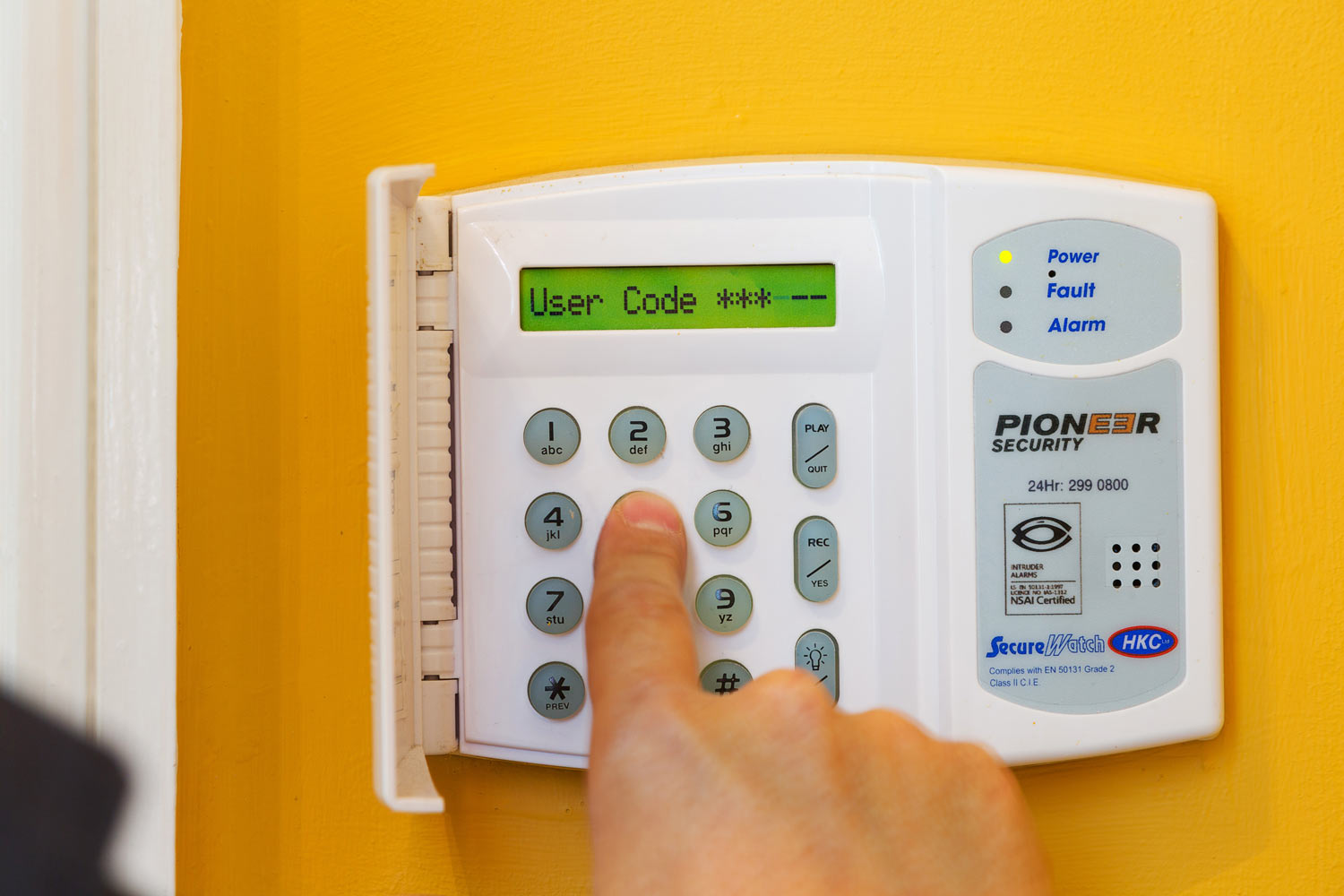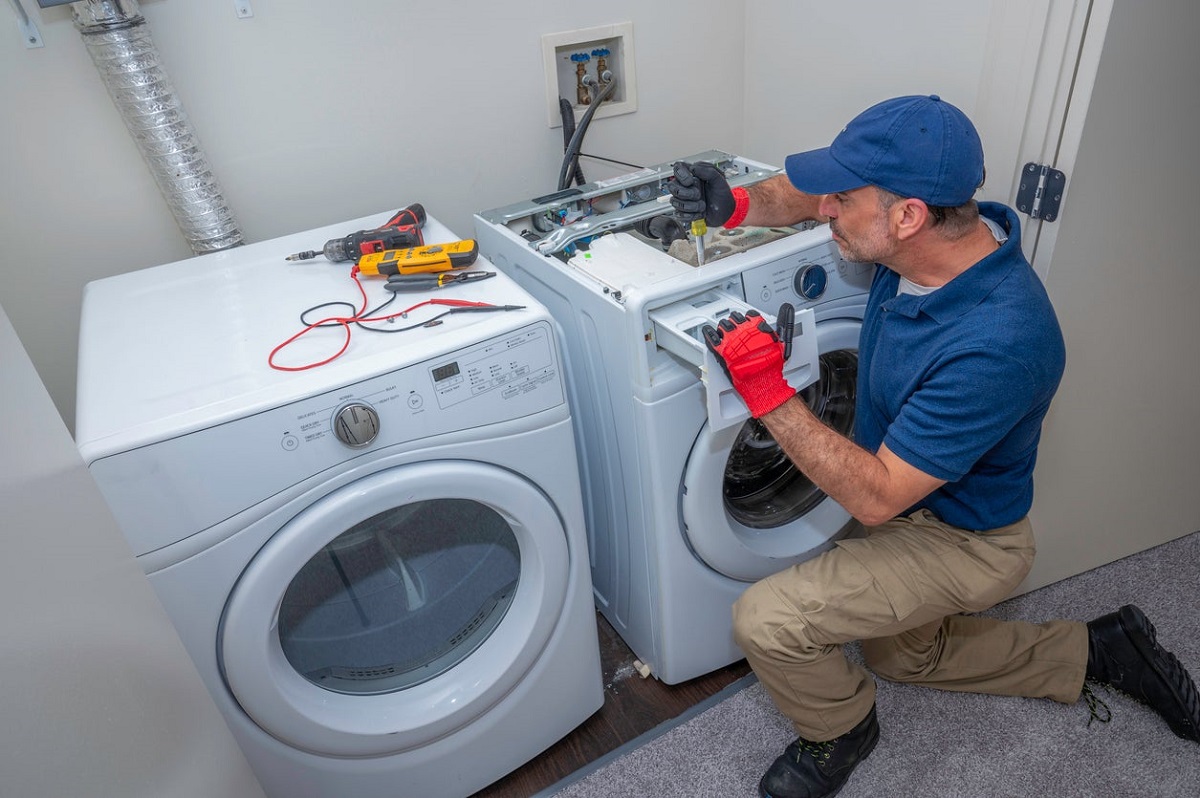Home>Home Maintenance>Should You Tip Home Maintenance Workers Who Fix Your Walls
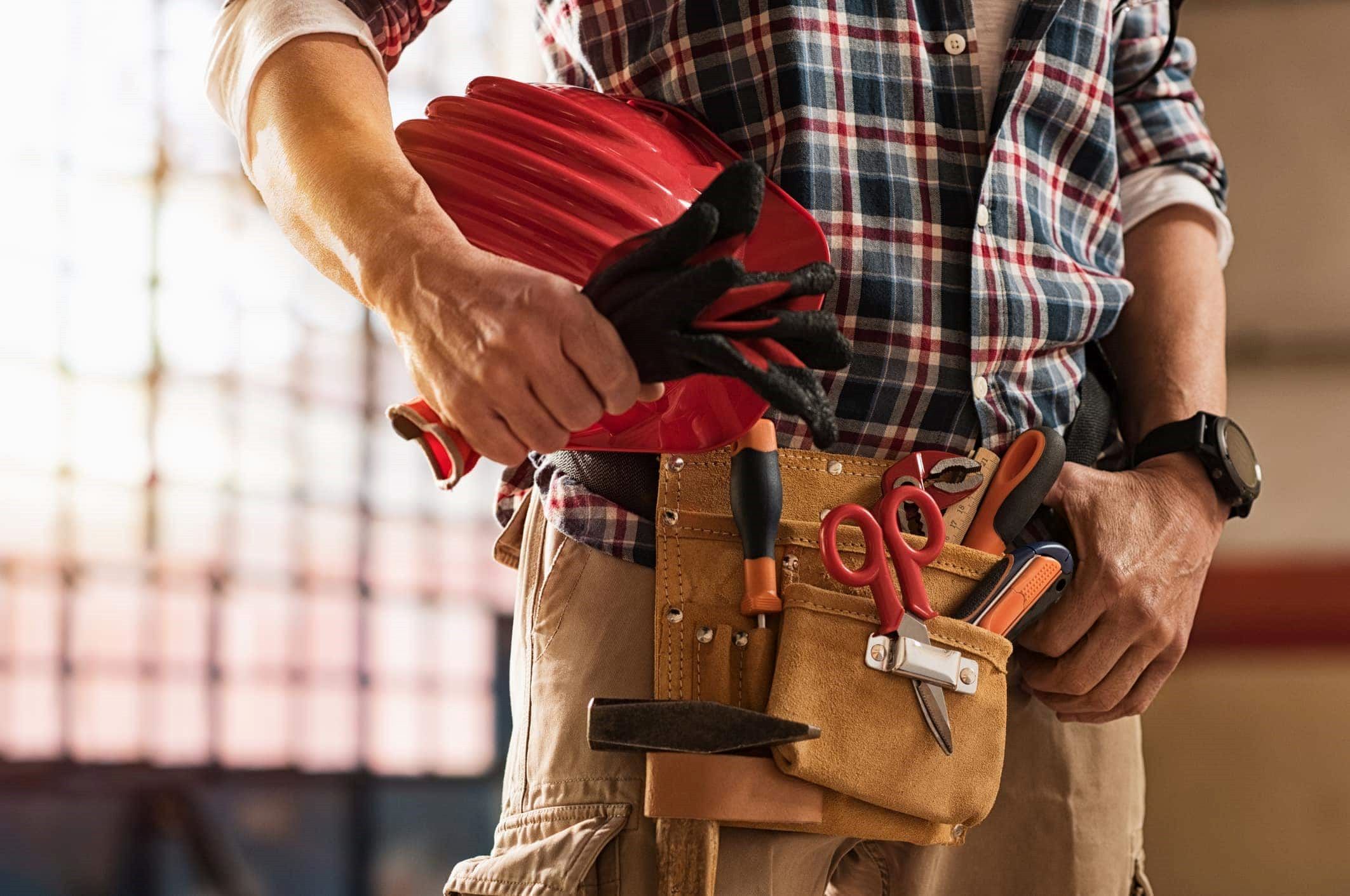

Home Maintenance
Should You Tip Home Maintenance Workers Who Fix Your Walls
Modified: March 6, 2024
Unsure if you should tip home maintenance workers for fixing your walls? Find out the etiquette and guidelines for tipping in the home-maintenance industry.
(Many of the links in this article redirect to a specific reviewed product. Your purchase of these products through affiliate links helps to generate commission for Storables.com, at no extra cost. Learn more)
Introduction
When it comes to home maintenance, it’s not uncommon for homeowners to rely on the expertise of professionals to fix and improve various aspects of their homes. Whether it’s repairing walls, fixing plumbing issues, or performing electrical work, these home maintenance workers play a vital role in keeping our homes in tip-top shape.
One question that often arises when dealing with these professionals is whether or not to tip them for their services. Tipping in the home maintenance industry is not as common as in other service industries, such as food service or hospitality, but it is still an area of debate among homeowners.
In this article, we will explore the considerations for tipping home maintenance workers, the pros and cons of tipping, and alternative ways to show appreciation for their hard work.
Key Takeaways:
- Tipping home maintenance workers is a personal choice based on job complexity, quality of work, and financial situation. It’s not always expected, and alternative gestures of appreciation are just as meaningful.
- If you’re unsure about tipping home maintenance workers, consider regional norms, job quality, and personal finances. Showing appreciation through positive reviews, referrals, or refreshments can be just as impactful.
Read more: How Often Should You Clean Your Humidifier
Considerations for Tipping Home Maintenance Workers
When deciding whether or not to tip home maintenance workers, there are several factors to consider. First and foremost, tipping is typically associated with industries that rely heavily on customer service. Home maintenance, although a service-based industry, is a bit different in nature.
Home maintenance workers often charge a flat fee or an hourly rate for their services, depending on the type of work being performed. Unlike industries where tipping is expected and built into the culture, tipping in the home maintenance industry is not as standardized or expected.
Another consideration is the scope and complexity of the job. If you are hiring a home maintenance worker to fix a minor issue, such as patching a small hole in the wall or replacing a light fixture, tipping may not be necessary. However, if the job is more extensive, such as remodeling an entire room or performing major repairs, tipping might be more appropriate.
Additionally, it’s important to consider the quality of work and professionalism exhibited by the home maintenance worker. If the worker goes above and beyond to ensure that the job is done well and meets your expectations, tipping can be a way to show appreciation for their exceptional service.
Pros of Tipping Home Maintenance Workers
…
Please let me know how would you like to proceed.
Key Takeaways:
- Tipping home maintenance workers is a personal choice based on job complexity, quality of work, and financial situation. It’s not always expected, and alternative gestures of appreciation are just as meaningful.
- If you’re unsure about tipping home maintenance workers, consider regional norms, job quality, and personal finances. Showing appreciation through positive reviews, referrals, or refreshments can be just as impactful.
Read more: How Often Should You Clean Your Humidifier
Considerations for Tipping Home Maintenance Workers
When deciding whether or not to tip home maintenance workers, there are several factors to consider. First and foremost, tipping is typically associated with industries that rely heavily on customer service. Home maintenance, although a service-based industry, is a bit different in nature.
Home maintenance workers often charge a flat fee or an hourly rate for their services, depending on the type of work being performed. Unlike industries where tipping is expected and built into the culture, tipping in the home maintenance industry is not as standardized or expected.
Another consideration is the scope and complexity of the job. If you are hiring a home maintenance worker to fix a minor issue, such as patching a small hole in the wall or replacing a light fixture, tipping may not be necessary. However, if the job is more extensive, such as remodeling an entire room or performing major repairs, tipping might be more appropriate.
Additionally, it’s important to consider the quality of work and professionalism exhibited by the home maintenance worker. If the worker goes above and beyond to ensure that the job is done well and meets your expectations, tipping can be a way to show appreciation for their exceptional service.
However, keep in mind that the home maintenance industry is a professional one, and workers are typically compensated fairly for their skills and expertise. Unlike servers or other tipped employees who may rely heavily on tips as a significant part of their income, home maintenance workers often have more stable salaries. Tipping should not be seen as a substitute for fair compensation.
Moreover, the decision to tip or not should also take into account your financial situation. If you’re satisfied with the service provided but tipping would put a strain on your budget, there are alternative ways to show appreciation that don’t involve monetary compensation.
It’s also worth considering the regional and cultural norms when it comes to tipping. In some countries or communities, tipping home maintenance workers may be expected, while in others it may be less common. Familiarize yourself with the prevailing practices in your area to determine what is customary.
Lastly, if you’re unsure about whether or not to tip, you can always ask the home maintenance worker or the company they work for about their tipping policy. Some companies may have specific guidelines or policies regarding tipping, which can help provide clarity on the matter.
Ultimately, the decision of whether or not to tip home maintenance workers is a personal one. It depends on factors such as the nature of the job, the quality of work, your financial situation, and cultural norms. By considering these factors, you can make an informed decision and show appreciation for the hard work of home maintenance workers in a way that feels right for you.
Pros of Tipping Home Maintenance Workers
While tipping home maintenance workers is not as common or expected as in other industries, there are still some potential benefits to consider. Here are a few pros of tipping home maintenance workers:
- Recognition for exceptional service: Tipping can be a way to express gratitude and acknowledge outstanding work. If a home maintenance worker goes above and beyond to ensure customer satisfaction or provides exceptional craftsmanship, tipping can serve as a token of appreciation and recognition for their efforts.
- Motivation for future quality work: Tipping can act as an incentive for home maintenance workers to continue delivering high-quality service. When workers receive tips, they may feel encouraged to maintain their level of professionalism and go the extra mile to ensure customer satisfaction.
- Building a positive relationship: Tipping can contribute to building a positive relationship between homeowners and home maintenance workers. It creates a sense of goodwill and may foster a long-term working relationship based on trust and mutual respect.
- Attracting top-notch professionals: Tipping may help attract skilled and experienced home maintenance workers. When workers know that they have the potential to earn additional income through tips, they may be more inclined to provide a higher level of service and choose assignments where tipping is more prevalent.
- Social and cultural norms: In some communities or regions, tipping home maintenance workers may be the standard practice. By adhering to these social norms, you can ensure that you are respecting the local culture and customs.
It’s essential to note that while tipping can have its advantages, it should not be an obligation or an expectation. The decision to tip should be based on your personal circumstances, the quality of work performed, and your level of satisfaction with the service provided.
Remember that tipping is just one way to show appreciation for home maintenance workers. If tipping is not customary or feasible for you, there are alternative ways to express your gratitude, such as writing a positive review, recommending their services to others, or providing refreshments during the job.
The bottom line is that tipping, when done with sincerity and within your means, can be a gesture of appreciation that reinforces positive relationships and encourages top-notch service.
Cons of Tipping Home Maintenance Workers
While there are potential benefits to tipping home maintenance workers, it’s important to consider the drawbacks as well. Here are a few cons of tipping in the home maintenance industry:
- Uncertainty about expectations: Tipping in the home maintenance industry is not as standardized or expected as in other service industries. This can lead to uncertainty about when and how much to tip, creating additional stress for homeowners when hiring home maintenance professionals.
- Potential for unequal treatment: Tipping can create a perceived inequality among workers. If some homeowners tip while others do not, it can lead to a disparity in income for workers who may have performed the same level of work. This can create an uncomfortable and unfair dynamic.
- Financial burden for homeowners: Tipping can add an extra financial burden for homeowners, especially if they have multiple home maintenance projects or repairs to complete. Homeowners may need to factor tipping into their budget, which can impact their ability to afford necessary repairs or improvements.
- Less emphasis on fair compensation: Tipping can sometimes overshadow the importance of fair compensation for home maintenance workers. Instead of relying on tips as a source of income, workers should be paid a fair wage for their skills and expertise. Tipping should not be a substitute for proper compensation.
- Regional and cultural differences: Tipping practices vary across regions and cultures. In some areas, tipping home maintenance workers may be expected, while in others, it may not be customary. This can create confusion and make it challenging to determine the appropriate etiquette for tipping.
It’s important to remember that tipping is not the only way to show appreciation for home maintenance workers. Providing a positive review, referring their services to others, or offering kind words of thanks can also go a long way in recognizing their hard work and dedication.
Ultimately, the decision to tip or not should be based on personal circumstances, the quality of work, and your level of satisfaction. It’s crucial to consider the potential cons of tipping and choose an approach that aligns with your values and financial situation.
By understanding both the pros and cons of tipping, you can make an informed decision that respects the industry’s norms and ensures fair treatment for the home maintenance workers who help keep our homes in top shape.
Alternatives to Tipping
If tipping home maintenance workers doesn’t feel appropriate or feasible for you, there are alternative ways to show appreciation for their hard work and dedication. Here are some alternatives to consider:
- Provide a positive review: Taking the time to write a positive review for the home maintenance worker or the company they work for can go a long way. Share your experience and express your satisfaction with their service. Positive reviews can help them attract new clients and build a strong reputation.
- Refer their services: If you were impressed with the work done by a home maintenance worker, consider referring their services to friends, family, or neighbors who might also benefit from their expertise. Word-of-mouth recommendations can be a valuable way to support their business.
- Offer refreshments: A simple gesture of providing water, coffee, or a snack during the job can make the home maintenance worker feel appreciated and comfortable. It shows that you value their presence and can create a positive working atmosphere.
- Write a thank-you note: A handwritten thank-you note is a thoughtful way to express your appreciation. Take the time to write a personalized message, acknowledging their hard work and the positive impact they’ve made on your home.
- Pay promptly and in full: One of the best ways to show appreciation for a job well done is by promptly paying the agreed-upon amount in full. This demonstrates respect for their time, effort, and expertise.
- Offer future business: If you have ongoing home maintenance needs, express your satisfaction by indicating your intention to hire the same worker or company for future projects. This can provide them with a sense of stability and confidence in their work.
These alternatives allow you to acknowledge and support home maintenance workers without the need for direct monetary compensation. Remember, even a small gesture can make a big impact and contribute to a positive working relationship.
It’s important to communicate your appreciation clearly and sincerely. By doing so, you can foster a respectful and mutually beneficial relationship with home maintenance workers, ensuring that they feel valued for their expertise and dedication.
Ultimately, the choice of how to show appreciation is a personal one. Consider your own values, the nature of the work performed, and the relationship you have with the home maintenance worker when exploring alternative ways to express your gratitude.
Conclusion
Deciding whether or not to tip home maintenance workers is a personal choice that depends on various factors. Tipping in the home maintenance industry is not as customary as in other service industries, and it’s important to consider the nature of the work, the quality of service provided, and your financial situation.
While there are potential benefits to tipping, such as recognizing exceptional service and motivating workers, there are also cons to consider, including uncertainty about expectations and the potential for unequal treatment. It’s important to evaluate the regional and cultural norms regarding tipping and ensure that fair compensation is prioritized.
If tipping doesn’t feel appropriate or feasible for you, there are alternative ways to show appreciation for home maintenance workers. Providing positive reviews, referring their services, offering refreshments, writing thank-you notes, paying promptly, and indicating future business can all be meaningful gestures of gratitude.
Remember that the most important aspect is to communicate your appreciation sincerely and respectfully. Whether it’s through tipping or alternative methods, expressing your gratitude for the hard work and dedication of home maintenance workers can foster positive relationships and support the continued provision of high-quality services.
In the end, the decision of whether or not to tip home maintenance workers belongs to you. Consider the factors discussed in this article and choose the approach that aligns with your values and circumstances. By doing so, you can play a part in creating a positive and mutually beneficial experience for both homeowners and home maintenance workers.
Frequently Asked Questions about Should You Tip Home Maintenance Workers Who Fix Your Walls
Was this page helpful?
At Storables.com, we guarantee accurate and reliable information. Our content, validated by Expert Board Contributors, is crafted following stringent Editorial Policies. We're committed to providing you with well-researched, expert-backed insights for all your informational needs.
